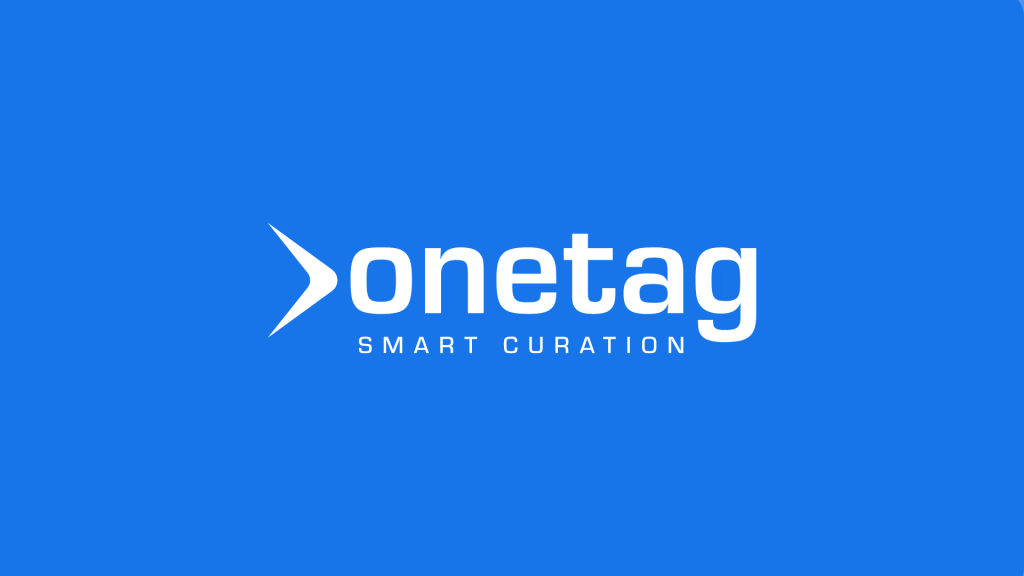A Conversation with Pin-Ju Chiang, Director of Ad Platform at Overwolf
Welcome to Industry Perspectives, the content series from Onetag where we highlight leaders shaping the future of programmatic and ad tech. Each edition features real voices from the field, sharing valuable insights, lessons learned, and visions for what’s to come.
In this edition, we’re thrilled to welcome Pin-Ju Chiang, Director of Ad Platform at Overwolf, who offers unique perspectives drawn from her diverse career and cultural background.
Here are Pin-Ju’s key takeaways:
Q: Your career has spanned manufacturing, robotics, publishing, and now gaming and ad tech — what’s been the most unexpected lesson you’ve carried across all those domains?
A: The most unexpected lesson is that they are surprisingly similar. In every industry, when we’re trying to deliver a good outcome, that process is the same for manufacturing, robotics and ad tech. First you make a plan, execute that plan, monitor the outcome and continue to improve it, and the cycle continues.
It is super simple that you can reapply this approach across different fields to almost everything, but surprisingly many people don’t do this at all.
Q: What’s something the gaming world understands about audiences that traditional digital publishers could learn from?
A: The most popular games are generally not the easiest. They are unexpected, challenging and frustrating at times, but when you succeed, it is more rewarding. We’re seeing a growing gaming population because people are really drawn to the challenges and want to continue to get better. This is why Overwolf is growing, because we are giving gamers what they need in real time.
Perhaps publishers can test ideas to gamify the whole content consumption experience to make it more fun and unexpected.
Q: You started your career in a very different place to where you are now. Knowing what you know of the digital ecosystem now, if you were to hit a reset button and have it built again from scratch, what would you do differently?
A: We should all be very clear on the value proposition of everyone in the ecosystem. The industry has many overlapping functions and value propositions. To stay ahead of competition, companies are trying to consolidate or separate their functions, hence new terms are being invented constantly, but most of the time it’s just a fancy word for an existing feature.
I believe we all want the same things. We want better outcomes, better quality, better user experience and we don’t want people cheating the system. It would be much easier to understand who is contributing to what, take out the fluff in between and just be really focused on giving value to the user and to each other.
Q: How do you keep up with what’s going on given the overwhelming volume of information thrown at everyone every day. How do you manage that and what role do you see the partners that you work with play?
A: It is extremely hard to keep up. For me, it’s about being open-minded and evaluating the opportunity fast. In Overwolf, we test new trends/ tech regularly and move fast depending on the outcomes. This is the benefit of being in ad tech/ software development.
Also, continue to ask questions, be straightforward, and don’t worry about looking stupid. If there’s a genuine trend, I need to know how I can contribute and how I can elevate my position in a way that is valuable. It is crucial to find people who you can have these transparent conversations with and who are willing to work together with you.
Q: What does good leadership look like in today’s media-tech environment — especially when teams are increasingly hybrid and global?
A: Any leader, regardless of industry, needs to embody their company values and lead by example in everything they do. Whatever your company’s values are, show up every day and demonstrate that you are behind these values.
It’s also crucial to ensure your company values are applied across the leadership team. At Overwolf, we have a very clear set of values we use in monthly and quarterly reviews, for leaders and individual contributors. The expectation of a leader is derived from those values, as well as the behavior we are expecting to see.
Without shared values and the behaviour to back it up, it would be hard to work in a hybrid, global company.
Q: You’ve worked across cultures and continents. What’s one cultural insight or habit you’ve carried with you into every team you’ve led?
A: Being Taiwanese, one thing I love about that culture is how genuine and helpful we are. If I meet a person on the street asking for directions, I will take you to your destination and buy you some local delicacies on the way there. I took that cultural approach to my work in the UK. This has helped me look after clients and partners, because I see their business as my own, and I want to help them succeed. This also helps me manage teams. I make sure that everyone has opportunities to learn and progress their career: as everyone continues to evolve, it helps the business grow too.
When I moved to the UK, I also realised my openness may be perceived as being too direct, so I adjusted my communication style and, alongside that, the way to manage differences of opinion effectively. I really appreciate being able to discern the cultural differences that underpin conversations and the appropriate way to handle them based on the cultural context.
Q: Final Question. Tea or coffee?
A: Coffee for survival!



